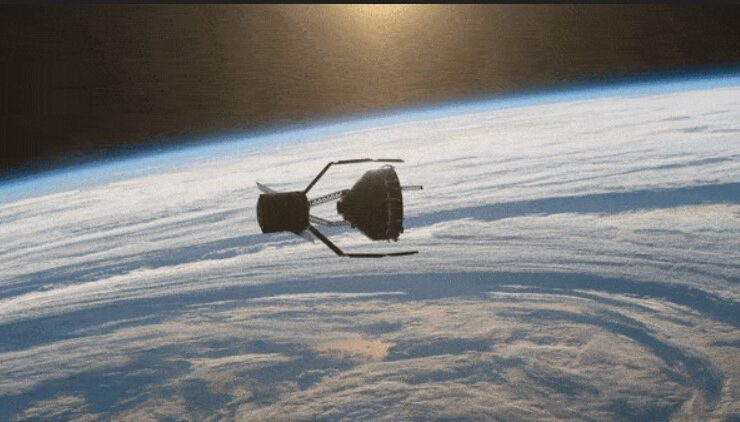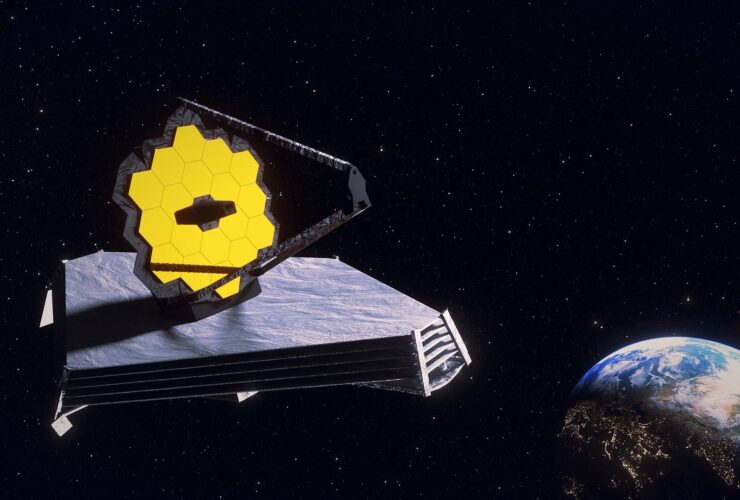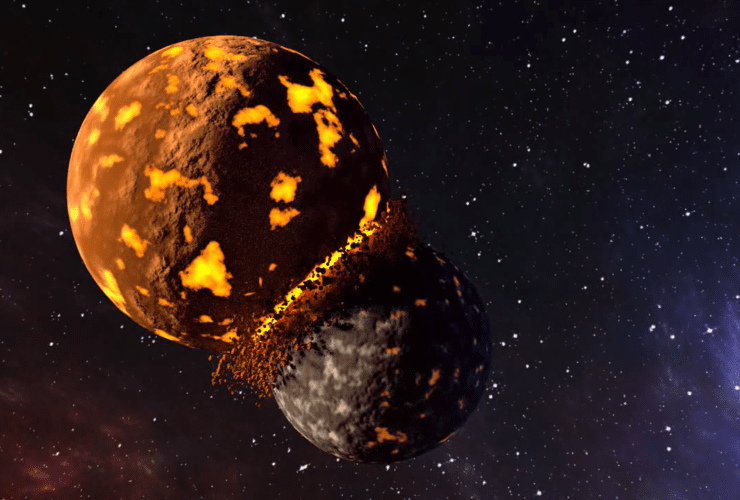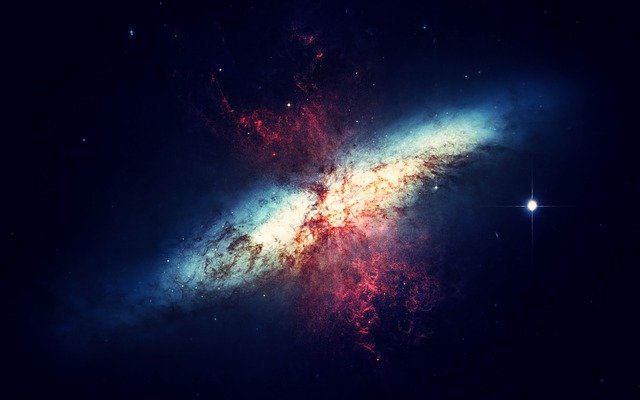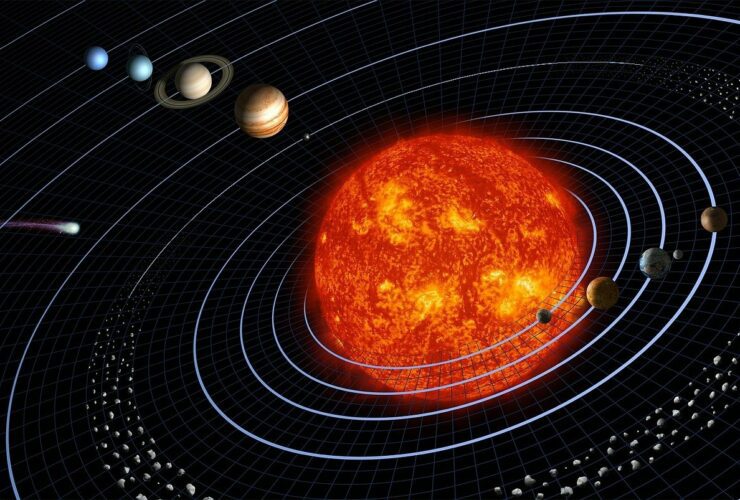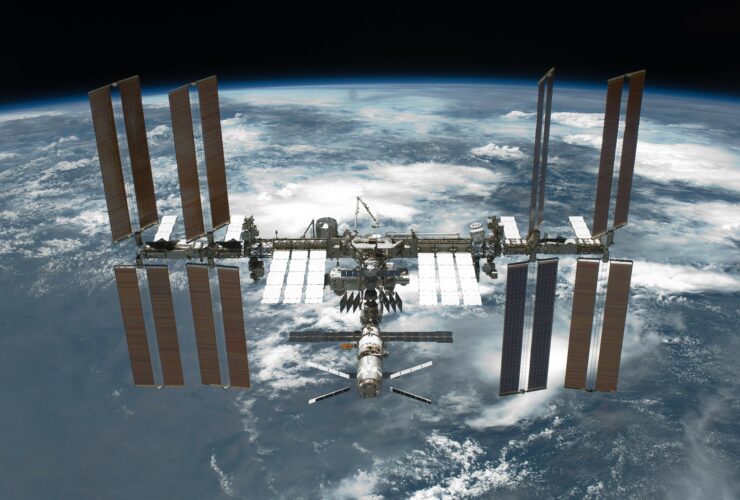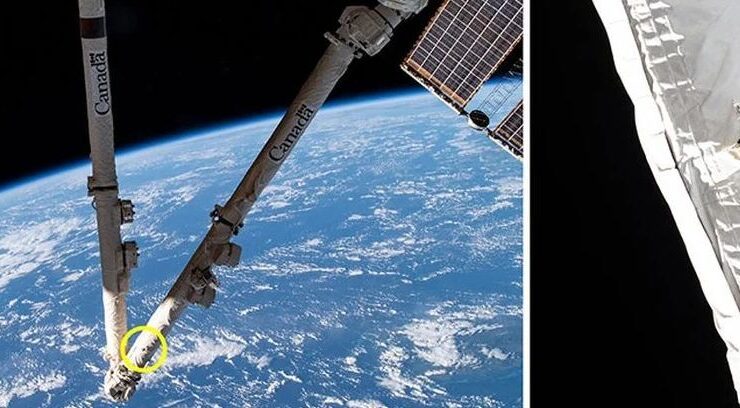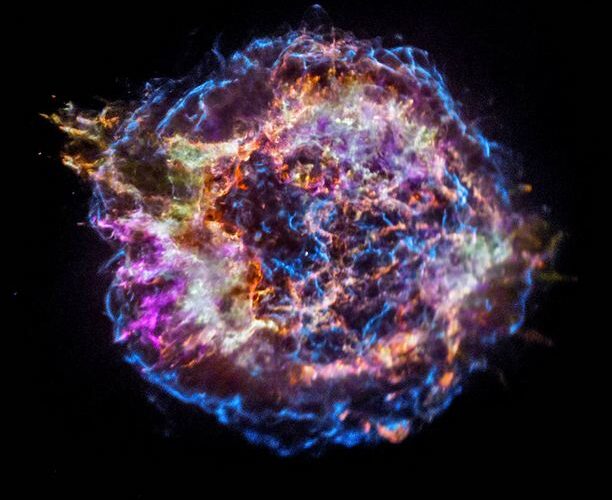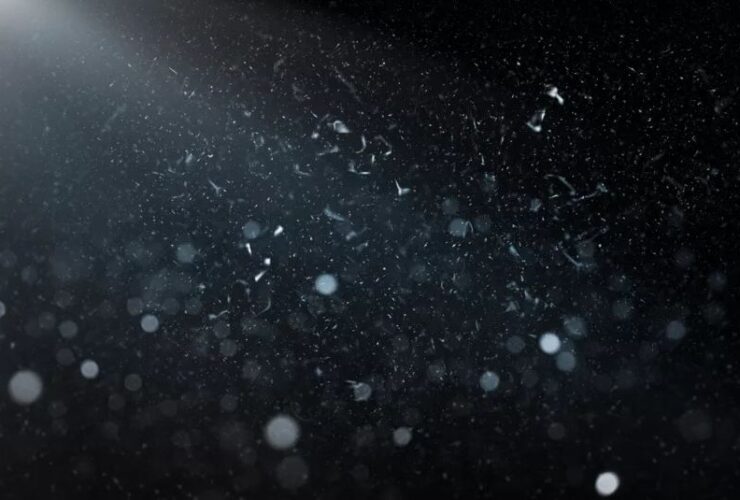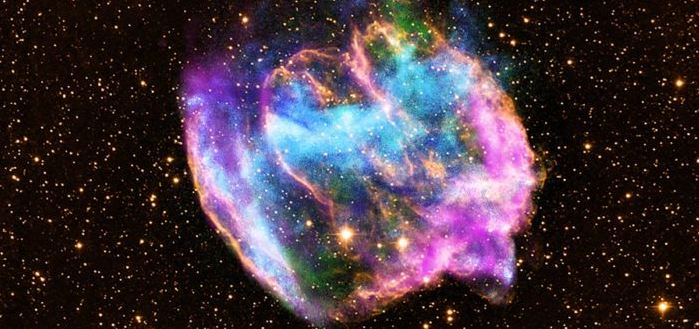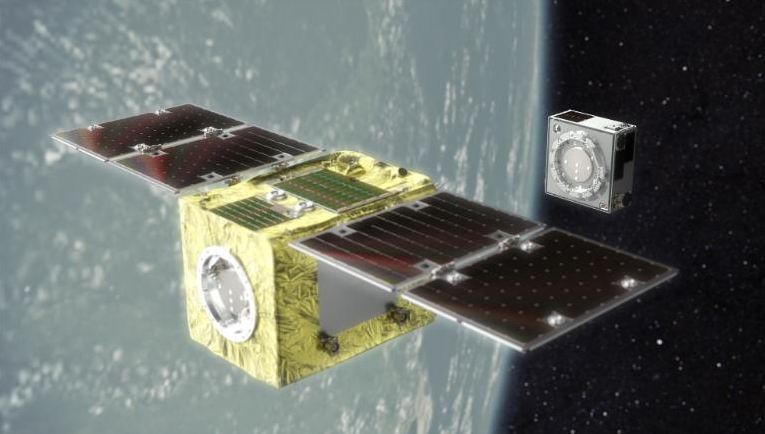Space won’t clean itself, will it? Well, not exactly, or ever! In 2026, an ambitious Swiss company called ClearSpace intends to undertake an “active debris removal mission” in order to remove a piece of space debris. Recently, the ClearSpace-1 mission ...
The James Webb Space Telescope (JWST), operated by NASA, is calibrating its powerful instruments to start exploring the galactic depths of the Cosmos. It’s already been about six months since the telescope’s launch, and it has already undergone the first ...
Our solar system was formed by violent collisions between rocky bodies. The frequency of comparable accidents near other stars may be inferred from observations of similar crashes. There have been several collisions between planets in our solar system, notably Earth ...
In space, anything may go awry. An object collides with another object, inflicting damage or forming new celestial bodies. Scientists play the role of astronomical detectives, piecing together the events of these crashes and gleaning information regarding the objects concerned ...
Space debris is nothing we should take lightly. It’s a serious problem that astronomers and other scientists had been thinking to solve for many years. But there is indeed hope that the problem of space debris will go away. That ...
The threat of the huge amount of space debris from the Earth’s orbit is becoming more and more real. A piece of such space junk that belongs to broken satellites can become extremely dangerous for a spaceship. The International Space ...
Space debris is a severe threat to space agencies worldwide. So far, over 20,000 pieces the size of a softball or larger are being hunted in low-Earth orbit to protect satellites and the International Space Station. But, sometimes bad luck ...
Space has sent to our planet a rare isotope of iron for the last 33,000 years. This thing is intriguing yet curious, mainly because scientists found radioactive dust underneath the ocean waves. That indicates how Earth is travelling through a ...
Annually, 5,200 tons of extraterrestrial dust reaches Earth, as per new research. This delicate yet harsh rain of bits of asteroids and other cosmic features far outweighs bigger meteorites that hit our planet. Despite such an enormous amount, it’s still ...
Only some stars die, and when they do that, they go out in a blaze of glory: a peculiar yet tragic event known as a supernova. New information about supernova aftermath is now available. Astrophysicists succeeded in simulating what happens ...
Cleaning the low-Earth orbit of dangerous space debris will soon be no longer a problem. Thanks to a newly developed tech, scientists will get rid of some space junk efficiently. Currently, there’s approximately 9000 tons of space debris orbiting Earth ...

